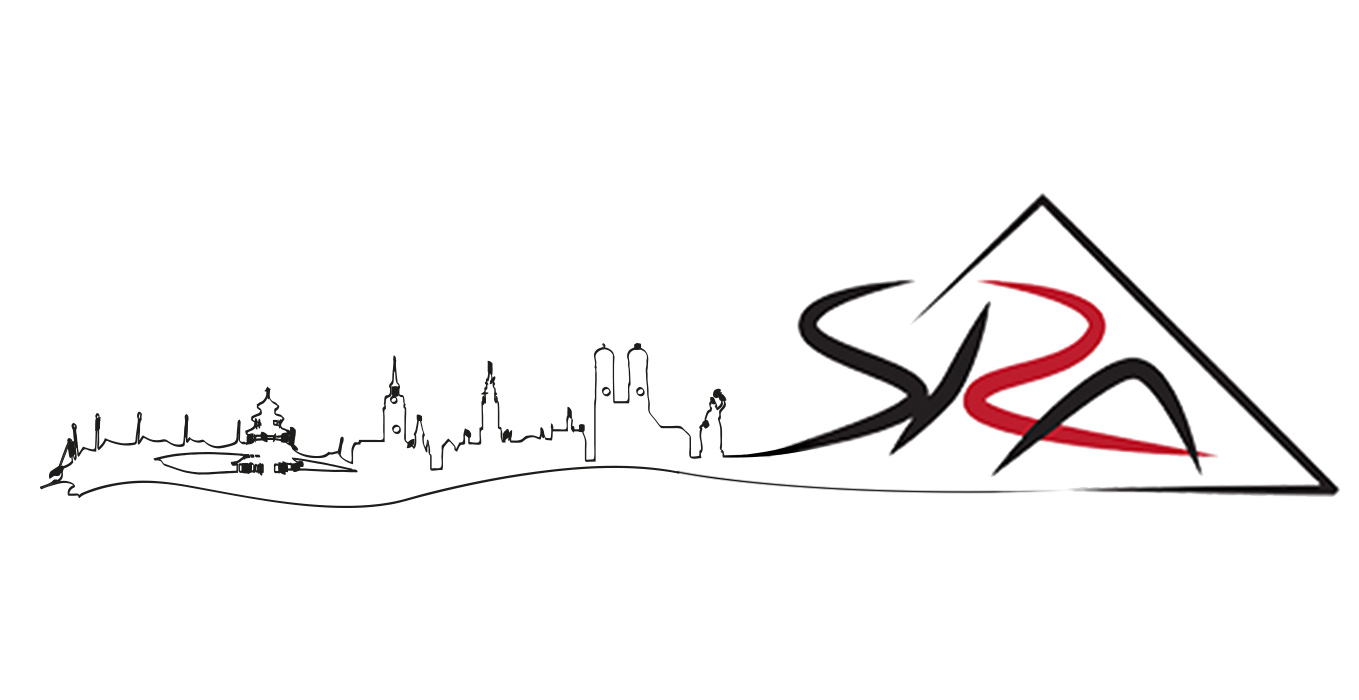
**Swiss Researchers Reenter EU Research Initiatives After Landmark Agreements**
Swiss researchers are set to rejoin esteemed EU research programs, signifying a major achievement for scientific cooperation in Europe. This progression follows successful discussions between the Swiss government and the European Commission, leading to a comprehensive agreement aimed at enhancing connections across various policy sectors. A significant result of these negotiations is Switzerland’s re-association with Horizon Europe, the EU’s premier research funding initiative and the largest of its nature globally.
### A Setback for Swiss Science
Prior to 2021, Switzerland had a robust involvement in EU research programs. However, the landscape shifted dramatically in July of that year when political disagreements between the EU and Switzerland led to the loss of the country’s “associated status.” This restriction barred Swiss researchers from engaging in prominent EU-led programs such as Horizon Europe, Euratom, Digital Europe, and Iter, which is at the forefront of global nuclear fusion research.
The exclusion was widely perceived as detrimental to Swiss science. Access to these programs not only facilitated extensive research projects but also nurtured essential international partnerships. Swiss researchers voiced concerns over their inability to lead global scientific initiatives, diminished networking prospects, and limited access to crucial funding. These constraints threatened to distance the nation from Europe’s dynamic research environment at a time when international scientific collaboration was more vital than ever.
### A Renewed Era of Cooperation
Acknowledging the mutual advantages of their collaboration, both sides resumed negotiations in March 2024, aiming to rebuild trust and tackle strategic differences. After several months of discussions, the European Commission and Switzerland reached an agreement in December that opened the door for Swiss reintegration into the EU’s research programs. Alongside key agreements on vital issues like food safety, disease control, and electricity markets, the restoration of Swiss access to EU research frameworks stood out as a main highlight.
While the agreement has yet to receive official ratification—requiring consent from both the Council of the EU and the Swiss parliament, possibly followed by a public referendum in Switzerland—the transitional measures came into effect on 1 January 2025. This enables Swiss researchers to promptly participate in Horizon Europe, Euratom, Iter, Erasmus+, and EU4Health programs.
### Benefits of Swiss Involvement
Switzerland’s re-association with Horizon Europe brings numerous benefits for both the EU and the Swiss research community. Horizon Europe is an extensive funding mechanism with a seven-year budget of €95.5 billion (£80 billion), facilitating groundbreaking discoveries in areas such as artificial intelligence, renewable energy, healthcare advancement, and more.
Ekaterina Zaharieva, the European Commissioner for Research and Innovation, praised the agreement as a considerable enhancement for scientific collaboration. “Switzerland’s affiliation with Horizon Europe and the Euratom programs elevates the longstanding cooperation between Switzerland and the European Union,” Zaharieva remarked. She underscored that the inclusion of Swiss expertise would enhance the scientific ecosystem by tapping into a broader talent pool and encouraging innovation for shared benefit.
Swiss researchers can now submit proposals for nearly all Horizon Europe calls, including serving as project coordinators—an essential function in transnational consortia. Nonetheless, certain sectors considered “strategic” by the EU, such as quantum technologies and space exploration, will necessitate further technical negotiations. Switzerland has indicated its readiness to engage in these discussions to ensure comprehensive access for its researchers.
### Widespread Support and Future Prospects
The announcement of this agreement has garnered widespread acclaim within Europe’s scientific community. The Stick to Science campaign, which champions closer European scientific integration, described the development as “excellent news for science in Europe.” Nonetheless, the campaign emphasized the necessity of securing final approvals to guarantee the agreement’s execution.
The Swiss Federal Council expressed equal contentment, confirming that its goals during the negotiations had been accomplished. Swiss Prime Minister Alain Berset regarded the re-association as a mutually beneficial outcome for advancing knowledge and reinforcing Europe’s scientific leadership. On the EU front, Commission President Ursula von der Leyen deemed the agreement “historic,” emphasizing the strengthening of ties between Switzerland and the EU. “Today marks the beginning of a new chapter in our partnership as we elevate our cooperation to the next level and modernize the foundation of our robust relationship,” stated von der Leyen.
### Remaining Challenges
While the agreement signifies a crucial advancement, challenges persist. Beyond ratification, all stakeholders must cultivate trust and navigate technical specifics to ensure efficient collaboration. Switzerland’s involvement in certain sensitive research domains, such as quantum computing and aerospace, may necessitate maneuvering through the intricacies of international diplomacy and adherence to EU regulations.
Another potential consideration is the Swiss electorate. The nation’s political framework permits citizens to contest significant agreements through referenda, which could introduce delays or uncertainties if such a vote occurs. Nevertheless, the Federal Council has expressed confidence that the deal aligns with Swiss interests and would obtain public backing if required.
### A Promising Future for Science in Europe
As science increasingly necessitates global cooperation to address